Featured Scholars
The scholars featured here represent a sample of the many who have collaborated with one another and with the Tobin Project to advance research and programming in the various research initiatives.
Institutions of Democracy • Government & Markets
Economic Inequality • National Security
INSTITUTIONS OF DEMOCRACY
Maggie Blackhawk
UNIVERSITY OF PENNSYLVANIA LAW SCHOOL
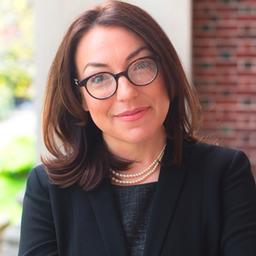
Maggie Blackhawk (Fond du Lac Band of Lake Superior Ojibwe) examines how law and lawmaking institutions have fostered the representation and empowerment of minorities. Maggie’s work on lobbying and petitioning has been published in the Stanford Law Review, and the Yale Law Journal, and is forthcoming with Cambridge University Press. She is currently undertaking a large-scale project on how federal Indian law can reshape our understanding of constitutional history and constitutional law. It was through her work on petitioning that Maggie first engaged with Tobin, presenting a paper on “Petitioning and the Making of the Administrative State” at the 2017 History of American Democracy conference. Since the conference, Maggie has worked with Laura Edwards and Naomi Lamoreaux to create a working group of scholars to re-envision the history of American democracy.
Laura Edwards
PRINCETON UNIVERSITY
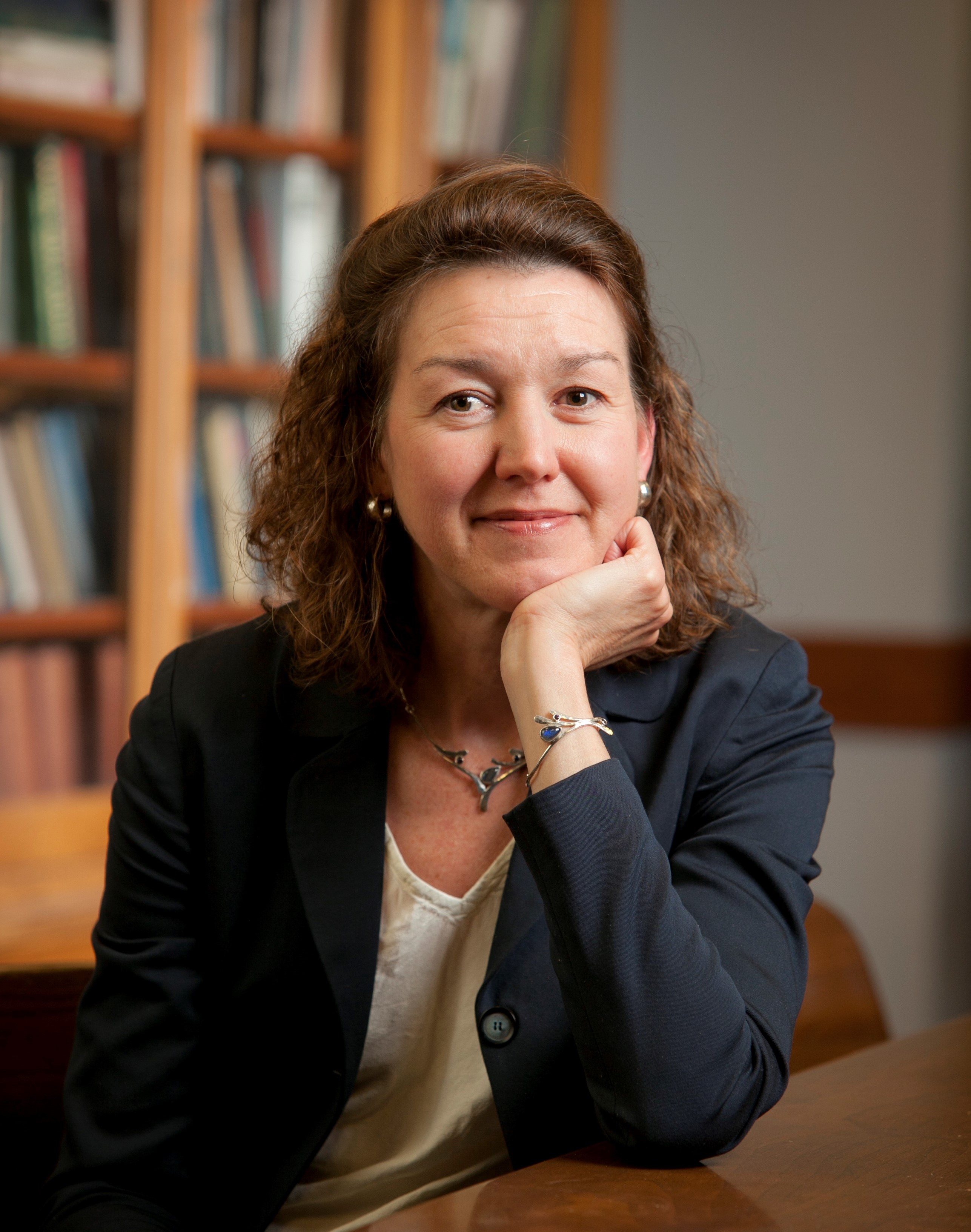
Laura Edwards’s research focuses on women, gender, and the law in the nineteenth century, particularly in the U.S. South. She attended the Tobin Project’s 2017 Conference on the History of American Democracy, where she presented a paper on “Petitioning in Local Forums: Political Participation in an Undemocratic World, 1780-1860.” Since the conference, she has been working with Naomi Lamoreaux and Maggie Blackhawk to organize a working group of scholars exploring the history of American democracy.
Archon Fung
HARVARD KENNEDY SCHOOL

Archon Fung, whose research focuses on the role of transparency and citizen participation in democratic governance, has helped advance the Tobin Project’s Institutions of Democracy initiative in a number of ways. In 2006, he contributed an essay to our series on “Six Ways to Reform Democracy.” For Tobin’s 2009 Conference on the Future of Elections Scholarship, he wrote a paper on popular election monitoring, later featured in our 2011 volume, Race, Reform, and Regulation of the Electoral Process: Recurring Puzzles in American Democracy. Archon has also supported Tobin’s Economic Inequality initiative. During a 2010 Tobin panel discussion on Paul Pierson and Jacob Hacker’s book, Winner-Take-All Politics, he shared his insights into the impact of top-end inequality in the United States.
Heather Gerken
YALE LAW SCHOOL
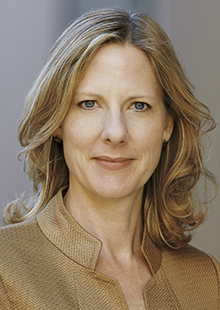
Heather Gerken, whose work focuses on federalism, constitutional law, and election law, has helped develop and guide the Tobin Project’s Institutions of Democracy program since its inception in 2006. As chair of the initiative in its early years, she structured and led working group meetings and built a community of scholars around the program’s core research questions. In 2011, she worked with Guy-Uriel Charles and Michael Kang to co-edit Race, Reform, and Regulation of the Electoral Process: Recurring Puzzles in American Democracy, a collection of essays from Tobin’s 2009 Conference on the Future of Elections Scholarship. Heather’s work with Tobin has also informed her own research. At a 2006 meeting, she proposed the creation of a “Democracy Index,” which would rank states by the performance of their election systems. Following that meeting, her proposal expanded into a large research project, an award-winning book, and innovative policy reform.
Naomi Lamoreaux
YALE UNIVERSITY
Naomi Lamoreaux studies business, economic, and financial history and first became involved with the Tobin Project in 2008 through her work on jurisdictional competition and regulatory standards. She has served as a leader of our Institutions of Democracy initiative since 2011, beginning with her role as co-editor of Corporations and American Democracy, which traces the complex historical relationship between corporations and American democracy from the Founding Era to the present. More recently, Naomi participated in our 2017 Conference on the History of American Democracy, and she is currently working with Laura Edwards and Maggie Blackhawk to spearhead the creation of a working group on the same topic.
William Novak
UNIVERSITY OF MICHIGAN LAW SCHOOL
William Novak is a legal scholar and historian whose research focuses on the history of the modern American regulatory state. His engagement with the Tobin Project began in 2010, when he contributed a “revisionist” history of regulatory capture to our volume Preventing Regulatory Capture. Bill has been a close collaborator of Tobin’s Institutions of Democracy initiative over the past several years in his capacity as co-editor of Corporations and American Democracy. He also serves as a leader of our ongoing research inquiry on the history of American democracy, recently moderating a discussion on the relationship between democracy and antimonopoly at our 2017 Conference on the History of American Democracy.
William’s university website »
GOVERNMENT & MARKETS
Tom Baker
UNIVERSITY OF PENNSYLVANIA LAW SCHOOL

Tom Baker has been integral in shaping the Tobin Project’s Government & Markets research initiative. He attended and moderated conferences in 2008 and 2009, where he met Annelise Riles, whose interest in the anthropology of finance complemented his own inquiries in the field of insurance. Their discussions identified the importance of bringing disciplines focused on individuals into conversation with those focused on institutions, and together they formed an interdisciplinary working group on Behavioral and Institutional Regulation. The group held three workshops between 2009 and 2011 and convened scholars and practitioners from a range of disciplines and backgrounds to discuss how experimental research could inform regulation of the financial sector and the health insurance market.
Edward Balleisen
DUKE UNIVERSITY

Ed Balleisen took an early leadership role in Tobin’s Government & Markets initiative, helping us identify promising research paths, recruit leading thinkers in the field, and generate new scholarly work by organizing small, collaborative meetings. In 2008, he moderated the initiative’s first conference. The research presented and workshopped at the event grew into a volume, Government and Markets: Toward a New Theory of Regulation, which he co-edited with David Moss. Ed has also run a seminar at Duke University on Rethinking Regulation, which convened an interdisciplinary group of scholars and policymakers to develop research on promising new approaches to regulatory reform.
Read about how Ed's research has affected regulatory reform »
Daniel Carpenter
HARVARD UNIVERSITY
 Dan Carpenter is a long-time contributor to the Tobin Project’s Government & Markets initiative. At our 2008 Conference on Government & Markets, Dan connected with Elizabeth Warren, then Leo Gottlieb Professor of Law at Harvard Law School, and the two began what would be a series of conversations exploring the idea that regulations could be market-constituting and support consumers by providing them with greater information, more confidence, and more choices. Senator Warren later incorporated this idea into her proposal for a Consumer Financial Protection Bureau, and Dan advised legislators on the potential agency before it became law in 2010. Dan also wrote a chapter for Government & Markets: Toward a New Theory of Regulation and has helped lead the Tobin Project’s Preventing Capture inquiry. With David Moss, he co-edited Tobin’s 2013 volume, Preventing Regulatory Capture, which considers new ways to diagnose and measure capture with the goal of identifying promising new lines of inquiry and informing more nuanced and effective reform.
Dan Carpenter is a long-time contributor to the Tobin Project’s Government & Markets initiative. At our 2008 Conference on Government & Markets, Dan connected with Elizabeth Warren, then Leo Gottlieb Professor of Law at Harvard Law School, and the two began what would be a series of conversations exploring the idea that regulations could be market-constituting and support consumers by providing them with greater information, more confidence, and more choices. Senator Warren later incorporated this idea into her proposal for a Consumer Financial Protection Bureau, and Dan advised legislators on the potential agency before it became law in 2010. Dan also wrote a chapter for Government & Markets: Toward a New Theory of Regulation and has helped lead the Tobin Project’s Preventing Capture inquiry. With David Moss, he co-edited Tobin’s 2013 volume, Preventing Regulatory Capture, which considers new ways to diagnose and measure capture with the goal of identifying promising new lines of inquiry and informing more nuanced and effective reform.
Mariano-Florentino Cuèllar
ASSOCIATE JUSTICE, CALIFORNIA SUPREME COURT; FORMERLY, STANFORD UNIVERSITY
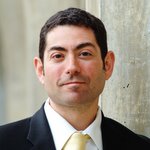
As a scholar, Mariano-Florentino Cuèllar explored the intersection of law, politics, and policy, with particular emphasis on the effect of domestic law on national security and on the ways in which organizations deal with challenging legal problems. Formerly the Special Assistant to the President for Justice and Regulatory Policy, he brought both academic and policy perspectives to Tobin’s 2013 volume, Preventing Regulatory Capture, for which he wrote a chapter on “Coalitions, Autonomy, and Regulatory Bargains in Public Health Law.” “The conversation was both analytically rigorous yet intensely focused on existing challenges,” Cuèllar said of his work with Tobin. “There was a sense of shared purpose, reflecting the Tobin Project’s defining characteristic of combining intellectual honesty with a passion for solving some of the world's most pressing problems.” Currently, he is Associate Justice on the California Supreme Court.
Cuèllar's university website »
K. Sabeel Rahman
PRESIDENT, DEMOS; FORMERLY, BROOKLYN LAW SCHOOL
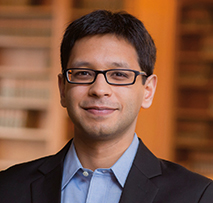
K. Sabeel Rahman, whose research focuses on democratic and participatory governance, public law, and economic regulation, has been involved with a range of Tobin Project inquiries. He worked for Tobin during the summer of 2009, when he developed an article on “The Glass-Steagall Act and the Shifting Discourse of Regulatory Reform.” He subsequently attended several working group meetings and conferences in Tobin’s Government & Markets initiative. Sabeel also helped lead our Democracy & Markets Graduate Student Workshop by collaborating with Tobin staff on the framework for the event, recruiting student participants, and presenting several research projects for discussion. Most recently, Sabeel attended Tobin’s 2017 Conference on the History of American Democracy, where he shared research as part of a panel on the role of antitrust law in shaping our democracy.
Annelise Riles
BUFFETT INSTITUTE FOR GLOBAL STUDIES, NORTHWESTERN
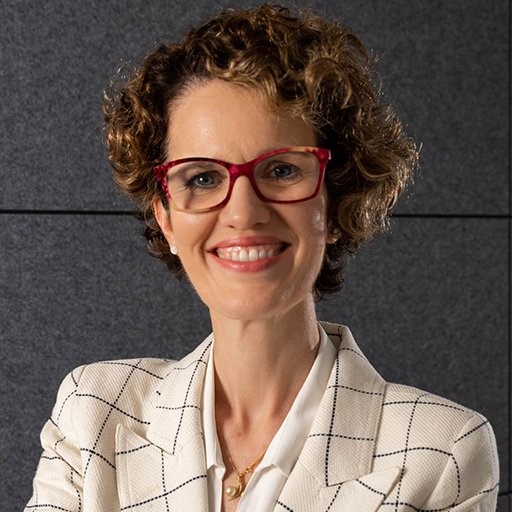
Annelise Riles began working with the Tobin Project in 2008, when she attended our Conference on Government & Markets. A scholar of anthropology and law, her use of ethnographic methods to examine financial markets and regulatory relationships led to a collaboration with Tom Baker that developed into a Tobin working group on Behavioral and Institutional Regulation. Annelise subsequently partnered with Cornell University to launch Meridian 180, an online platform that facilitates trans-Pacific dialogue among policymakers and scholars. Her engagement with Tobin, she says, first demonstrated the incredible potential of these dialogues: “You would expect that it would be a very difficult conversation to have—with no common language between policymakers and scholars of so many different disciplines. And yet, I had more ‘A-ha!’ moments at Tobin, more spark in my intellectual life, than almost anywhere else.”
Annelise's university website »
ECONOMIC INEQUALITY
Nancy Adler
UNIVERSITY OF CALIFORNIA, SAN FRANCISCO

Nancy Adler first became involved with the Tobin Project in 2011 at our Conference on Inequality and Decision Making. As a leading scholar in the fields of health behavior and decision making, she has been instrumental in the development of the Inequality and Decision Making initiative, spearheading one of our core collaborations and serving both as a member of the advisory board for the Tobin Project’s 2016 Conference on Inequality and Decision Making and of the selection committee for the 2018 Inequality and Decision Making Prize. As part of this collaboration, she has worked closely with the Tobin Project to design and run an experiment examining the effects of inequality on risk taking. In addition, in early 2017 she participated in a meeting convened by the Tobin Project aimed at examining the effects of growing up in a low socioeconomic status environment on health and education outcomes later in life. Regarding her work with the Inequality and Decision Making initiative, Nancy has commended the Tobin Project’s interdisciplinary approach to research, believing that “when you put it together you get a much richer picture.”
Marianne Bertrand
UNIVERSITY OF CHICAGO
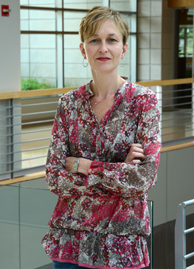
Marianne Bertrand has served as one of the leaders of the Tobin Project’s Economic Inequality initiative since 2009. She participated in our 2011 Inequality and Financial Crises meeting, and more recently acted as a member of the advisory board for the 2016 Conference on Inequality and Decision Making and of the selection committee for the 2018 Inequality and Decision Making Prize. She has also pioneered several Tobin Project sponsored inquiries, including research on inequality and physician decision making and an examination of inequality’s effect on ingroup/outgroup dynamics. Her own research, which focuses on labor economics, corporate finance, and developmental economics, employs a wide range of applied techniques.
Ray Fisman
BOSTON UNIVERSITY
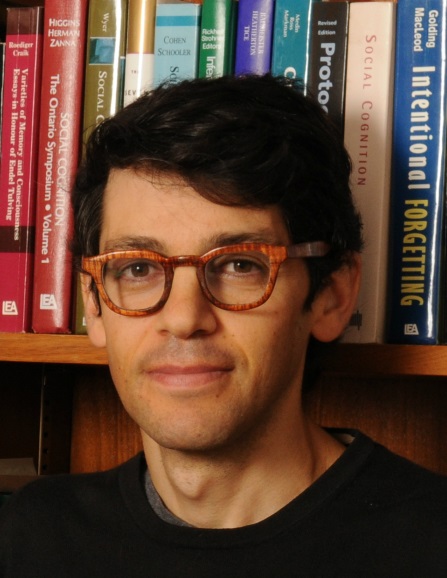
Ray Fisman’s research focuses on two areas: attitudes toward inequality and global corruption. As a behavioral economist, he brings a unique perspective to the Tobin Project’s work on Economic Inequality. He first engaged with the Tobin Project at our 2011 Conference on Inequality and Decision Making; afterwards, he was a major contributor to the Inequality and Decision Making initiative, serving on the advisory board for the 2016 Conference on Inequality and Decision Making. Ray has also been an active member of several close collaborations in the Economic Inequality initiative. With Ilyana Kuziemko, he designed and ran an experiment that looked at the relationship between local competition and preferences for redistribution, and with both Ilyana and David Moss, Ray investigated whether state lotteries affect support for redistribution or acceptance of economic inequality.
Ilyana Kuziemko
PRINCETON UNIVERSITY
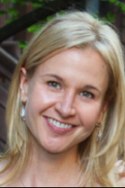 Ilyana Kuziemko first connected with the Tobin Project through our 2011 Conference on Inequality and Decision Making. Since then, she has played an integral role in Tobin’s Economic Inequality initiative. She was a critical contributor to the 2012 Inequality Experimental Design Meeting, which led to several of the Tobin Project’s experiments studying the effects of economic inequality on individual behavior. She also served on the advisory board for the 2016 Inequality and Decision Making conference and has expressed support for the Tobin Project’s interdisciplinary research model. She believes that it is “incredibly valuable to have a group like Tobin who’s bringing people from different perspectives all interested in the same issue. You don’t get that at a lot of other places.” Ilyana helped lead several close collaborations with the Tobin Project, including an experiment testing the effects of local competition on redistributive preferences with Ray Fisman and the exploration of a potential link between the existence of state lotteries and support for redistribution or acceptance of economic inequality with both Ray and David Moss.
Ilyana Kuziemko first connected with the Tobin Project through our 2011 Conference on Inequality and Decision Making. Since then, she has played an integral role in Tobin’s Economic Inequality initiative. She was a critical contributor to the 2012 Inequality Experimental Design Meeting, which led to several of the Tobin Project’s experiments studying the effects of economic inequality on individual behavior. She also served on the advisory board for the 2016 Inequality and Decision Making conference and has expressed support for the Tobin Project’s interdisciplinary research model. She believes that it is “incredibly valuable to have a group like Tobin who’s bringing people from different perspectives all interested in the same issue. You don’t get that at a lot of other places.” Ilyana helped lead several close collaborations with the Tobin Project, including an experiment testing the effects of local competition on redistributive preferences with Ray Fisman and the exploration of a potential link between the existence of state lotteries and support for redistribution or acceptance of economic inequality with both Ray and David Moss.
Wendy Berry Mendes
UNIVERSITY OF CALIFORNIA, SAN FRANCISCO
 Wendy Berry Mendes, whose research examines stress, emotions, and their physiological manifestations, was first introduced to the Tobin Project in 2013 through our work on the potential links between economic inequality and risk preferences. She collaborated closely with Nancy Adler on an experiment exploring the relationship between inequality and risk. As a prominent member of the Inequality and Decision Making research team, she was selected as an advisory board member for the Tobin Project’s 2016 Conference on Inequality and Decision Making. She has since participated in a Tobin meeting exploring the possibility of a working group on low socioeconomic youth and health and education outcomes.
Wendy Berry Mendes, whose research examines stress, emotions, and their physiological manifestations, was first introduced to the Tobin Project in 2013 through our work on the potential links between economic inequality and risk preferences. She collaborated closely with Nancy Adler on an experiment exploring the relationship between inequality and risk. As a prominent member of the Inequality and Decision Making research team, she was selected as an advisory board member for the Tobin Project’s 2016 Conference on Inequality and Decision Making. She has since participated in a Tobin meeting exploring the possibility of a working group on low socioeconomic youth and health and education outcomes.
Mike Norton
HARVARD BUSINESS SCHOOL
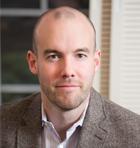
Mike Norton has played a key role in the development of the Tobin Project’s Economic Inequality initiative since attending our 2011 Conference on Inequality and Decision Making. As a participant in Tobin’s 2012 Inequality Experimental Design Meeting, he helped develop several experiments with other prominent Tobin Project scholars, culminating in the creation of promising new research inquiries. Mike was essential to the success of the Tobin Project’s 2016 Conference on Inequality and Decision Making and served as an advisory board member for the event.
NATIONAL SECURITY
Kelly M. Greenhill
TUFTS UNIVERSITY
BELFER CENTER, HARVARD KENNEDY SCHOOL
Kelly M. Greenhill is a political science and international relations scholar whose research focuses on the politics of information, migration security, and military coercion. She has been involved in the Tobin Project’s National Security initiative since 2008, when she moderated a panel at Tobin’s Conference on America & the World: National Security in the New Era. At our 2009 Conference on America & the World: Power Through Its Prudent Use, Kelly spoke with a number of scholars about the book project she was working on and “came away with a number of new insights,” especially from historians, who encouraged her to think about the structure of the book in a new way. “Tobin has been profoundly helpful in giving me opportunities to interact with people I wouldn’t otherwise,” she says. “I am exposed to a set of ideas—in economic regulation, for example—that I would not come across otherwise and that have been enlightening and intellectually fruitful. The interdisciplinary cross-fertilization is very important.”
Marika Landau-Wells
MASSACHUSETTS INSTITUTE OF TECHNOLOGY
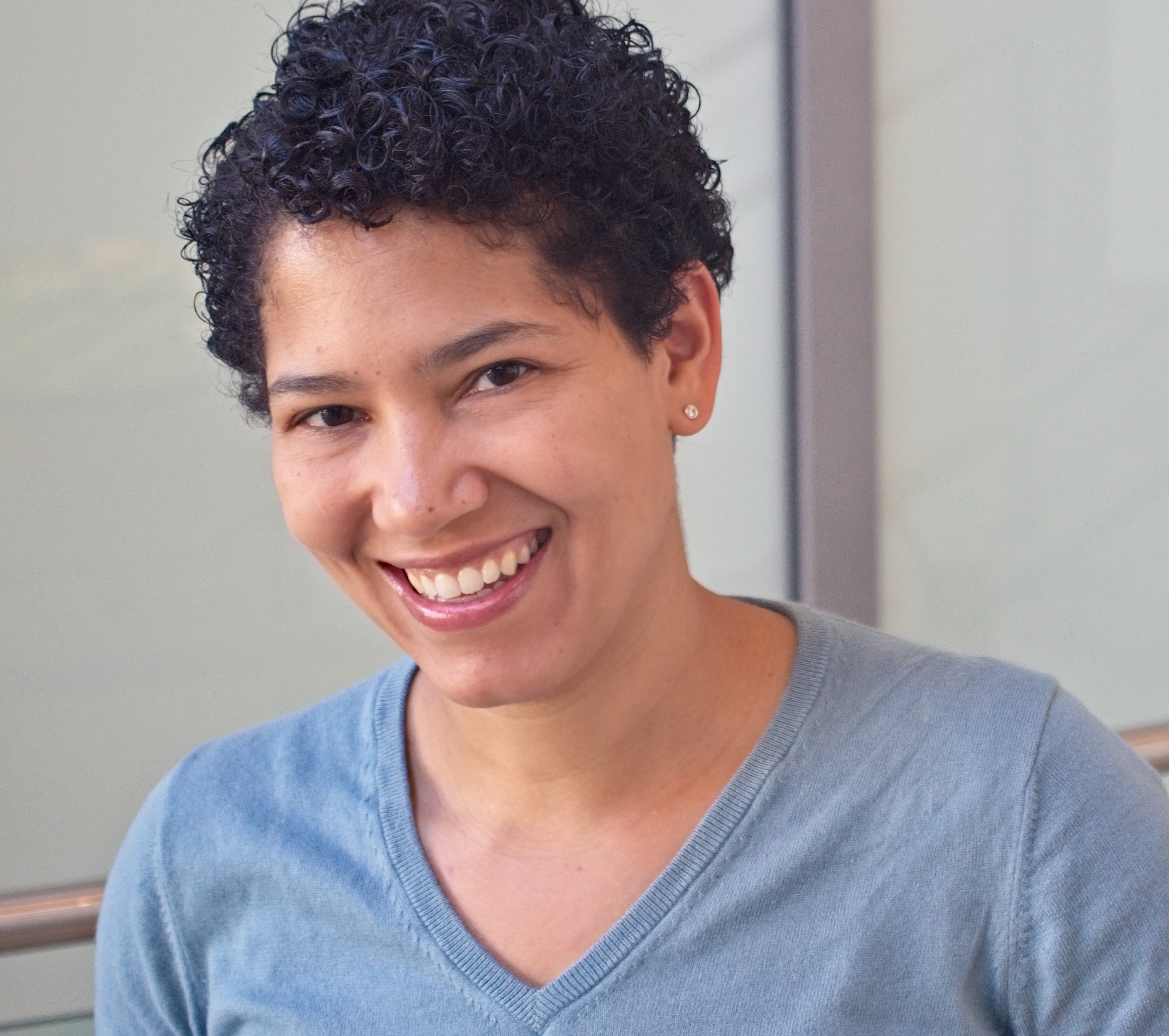
Marika Landau-Wells was selected as a 2015 Tobin Project Graduate Student Fellow while pursuing a PhD at the Massachusetts Institute of Technology. Her research, at the intersection of political and cognitive science, explores how individuals classify and respond to perceived societal threats. As a Fellow, she workshopped her dissertation with a cross-disciplinary group of graduate students and received critical academic support that enabled her to further develop her research on how cognitive processes shape threat assessment. Marika has since helped lead two Graduate Student Workshops as a discussant. She received her PhD in June 2018 and is currently a Postdoctoral Research Fellow in the Department of Brain and Cognitive Science at MIT. In 2019, she will join the University of California, Berkeley as Assistant Professor of Political Science.
Jeremi Suri
UNIVERSITY OF TEXAS AT AUSTIN
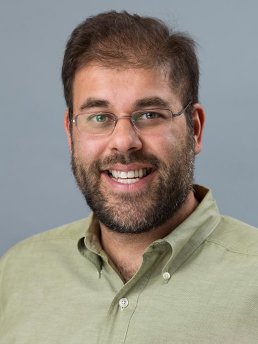 Co-chair of the Tobin Project’s National Security initiative, Jeremi Suri has played a pivotal role in building our scholar network and shaping our research agenda. In addition to writing for and moderating multiple Tobin conferences, he has participated in small meetings with policymakers in Washington, D.C. and published a paper in the Tobin volume The Prudent Use of Power in American National Security Strategy. With Ben Valentino, Jeremi co-edited our 2016 volume, Sustainable Security: Rethinking American National Security Strategy, which gathered leading scholars to craft a more sustainable response to contemporary national security issues. He is currently helping lead a new Tobin inquiry on threat assessment in the two decades after the first use of nuclear weapons.
Co-chair of the Tobin Project’s National Security initiative, Jeremi Suri has played a pivotal role in building our scholar network and shaping our research agenda. In addition to writing for and moderating multiple Tobin conferences, he has participated in small meetings with policymakers in Washington, D.C. and published a paper in the Tobin volume The Prudent Use of Power in American National Security Strategy. With Ben Valentino, Jeremi co-edited our 2016 volume, Sustainable Security: Rethinking American National Security Strategy, which gathered leading scholars to craft a more sustainable response to contemporary national security issues. He is currently helping lead a new Tobin inquiry on threat assessment in the two decades after the first use of nuclear weapons.
Benjamin Valentino
DARTMOUTH COLLEGE

Ben Valentino is a political scientist who has been deeply involved with Tobin since 2006 and is currently co-chair of our National Security initiative. Ben moderates and writes for Tobin conferences and publications, facilitates small group meetings, and helps chart our National Security research agenda. In 2011, Ben helped launch an effort to evaluate the sustainability and net benefits of U.S. commitments abroad. This inquiry produced a volume, Sustainable Security: Rethinking American National Security Strategy, co-edited with Jeremi Suri and published in 2016. Ben is now working with Tobin on a project aimed at critically re-evaluating early assessments of nuclear security threats.
Stephen Van Evera
MASSACHUSETTS INSTITUTE OF TECHNOLOGY
 Stephen Van Evera has been a leader of the Tobin Project’s National Security initiative since its inception in 2005, helping to set the research agenda for the initiative and recruit scholar contributors. He also has led numerous working groups and conferences and edited and wrote for two Tobin volumes, How to Make America Safe: New Policies for National Security and The Prudent Use of Power in American National Security Strategy. In 2011, Stephen played a critical role in launching our work on the underpinnings of sustainable security strategy, and he has since helped shape Tobin’s current inquiry on threat assessment in the early nuclear era.
Stephen Van Evera has been a leader of the Tobin Project’s National Security initiative since its inception in 2005, helping to set the research agenda for the initiative and recruit scholar contributors. He also has led numerous working groups and conferences and edited and wrote for two Tobin volumes, How to Make America Safe: New Policies for National Security and The Prudent Use of Power in American National Security Strategy. In 2011, Stephen played a critical role in launching our work on the underpinnings of sustainable security strategy, and he has since helped shape Tobin’s current inquiry on threat assessment in the early nuclear era.
Arne Westad
HARVARD KENNEDY SCHOOL
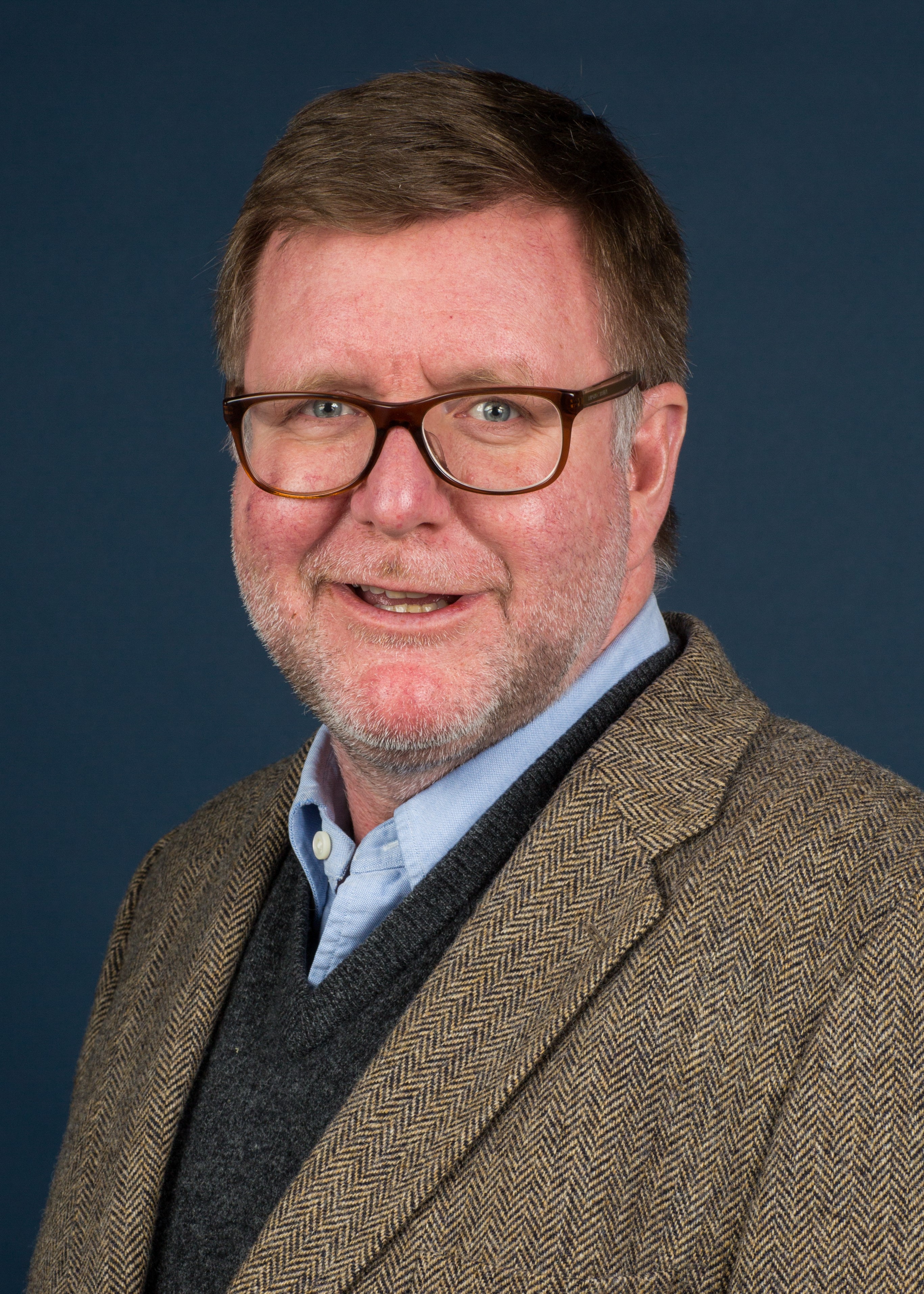
Arne Westad is an international historian with a focus on East Asia and the global history of the Cold War. He first engaged with the Tobin Project in 2016, when he led a panel on Cold War threat assessment at a Tobin conference in Washington, D.C. With Jeremi Suri and Ben Valentino, Arne is spearheading an inquiry on threat assessment that aims to improve the reliability of future assessments and equip the United States to better address current national security threats.

